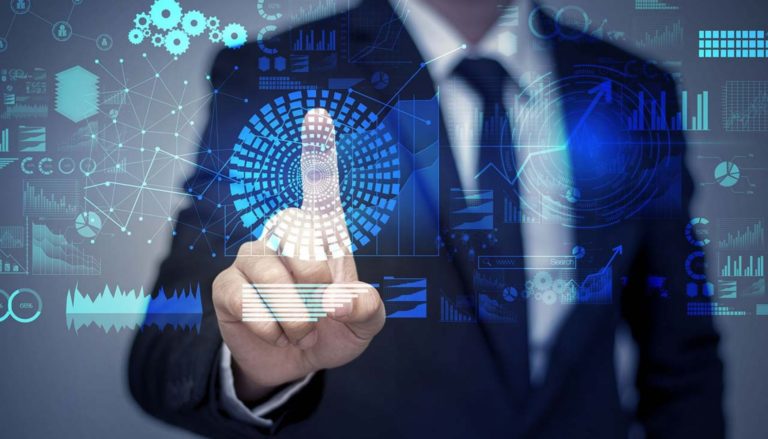Digital marketing should be an integral part of the business strategy of every modern enterprise. In addition to being far more cost-effective, one of its biggest strengths is the ability to accurately measure and analyze results. Thanks to this, we always have accurate information about what we have achieved with our promotional activities. With quality strategy and expert work, digital marketing achieves excellent results.
There are numerous digital marketing channels. We cannot apply them to every business, we can achieve the best results when connecting them in an organized and collaborative way.
Digital marketing is not a trend – it is our future
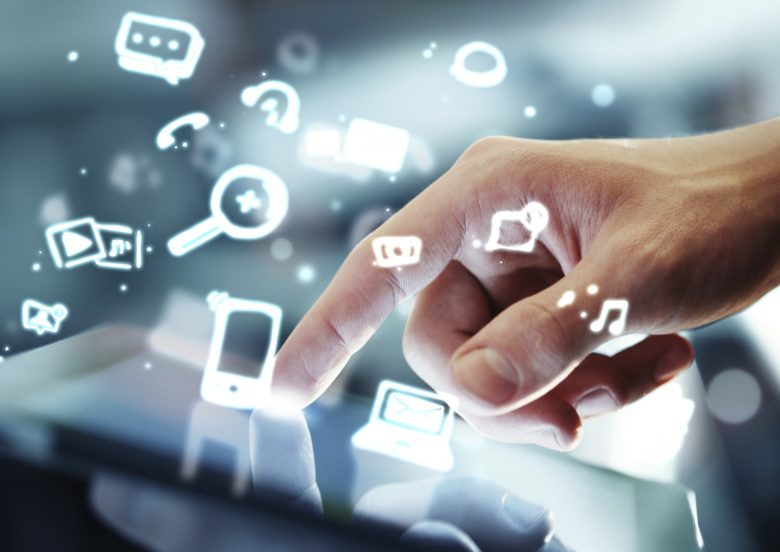
Today, consumers are widely embracing digital technology. 50 years ago we couldn’t even imagine such things. Nowadays, national borders are increasingly losing their importance. That’s why we need to think about how to adapt.
Companies need to be part of the digital world. First, it is important to be brave and embrace changes at the right time. Regardless of the nature of your business, you must take advantage of the fast and wide-ranging access to the available global markets. On the other hand, many businesses are taking the risk of disappearing if they don’t adapt.
The most important thing is to understand what are the changes. Also, how will they affect your business? What are the new values inspired by the capabilities of the digital economy?
Digital Transformation
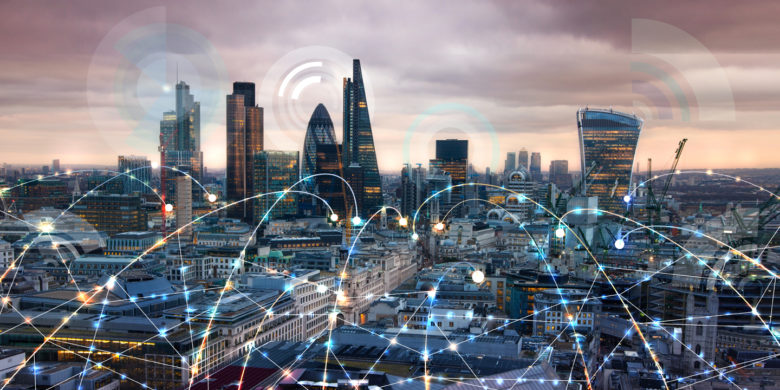
Digital transformation integrates the latest digital technologies into all areas of business. It creates tectonic changes in the way companies operate. And not only that … It changes their relationship to the outside world and their relationships within the company.
The Digital Industrial Revolution, the fourth in a row, is also called Industry 4.0. It fundamentally changes all areas of business – both service and manufacturing. It completely changed the way people, data, and processes come together. Therefore, companies could create the desired value for their customers. Now, they can maintain a competitive edge in the new digital era.
The core of digital transformation is the application of modern technologies. It revolutionizes, integrates and simplifies production and sales processes. It is also breaking time and space barriers.
New technologies for digitally transforming businesses
The needs of each company in the digital transformation process vary, but each needs some of the following new technologies and solutions:
Internet of Things
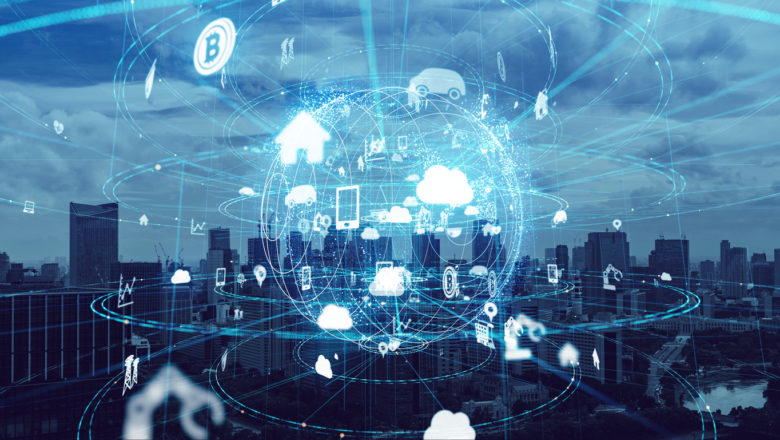
IoT is a network of devices with sensors that can collect data and then transmit it over the Internet. IoT achieves immediate monitoring of production, timely replenishment of inventories, automated monitoring, etc.
Artificial Intelligence
AI is a branch of computer technology dedicated to developing intelligent computer systems. It is capable of independently solving complex tasks like humans.
Business Intelligence
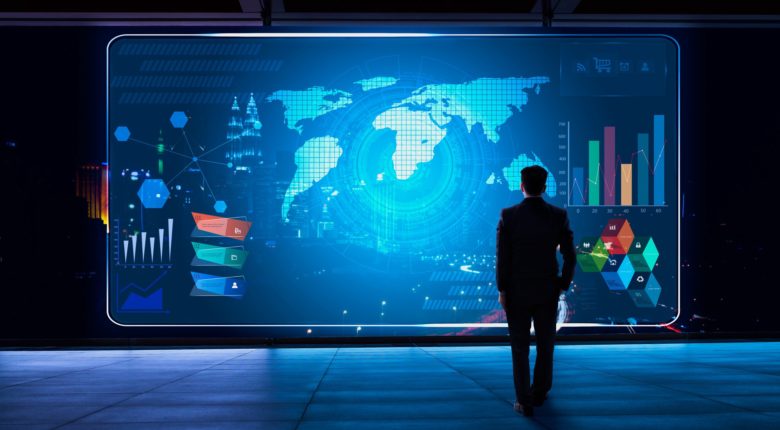
BI is the transformation of raw data into meaningful metrics. It can reflect historical, ongoing, and predictive business operations and performance.
Enterprise Resource Planning
ERP is a complete software package that processes information generated by monitoring business processes in the company. It is used for optimal business management and better communication and collaboration with all employees.
Customer Relationship Management

CRM stands for both the software solution and the company’s business strategy. It is the alignment of business strategies, organizational structure, customer information and technology. So, in all contacts with clients, their needs are met, and business profits are achieved.
The question of whether to embark on the digital transformation of business is outdated. The real question is when will businesses that haven’t digitally transformed, be shut down. The digital and physical worlds have become irrevocably connected, with machines, systems and people able to exchange information and adapt automatically.

